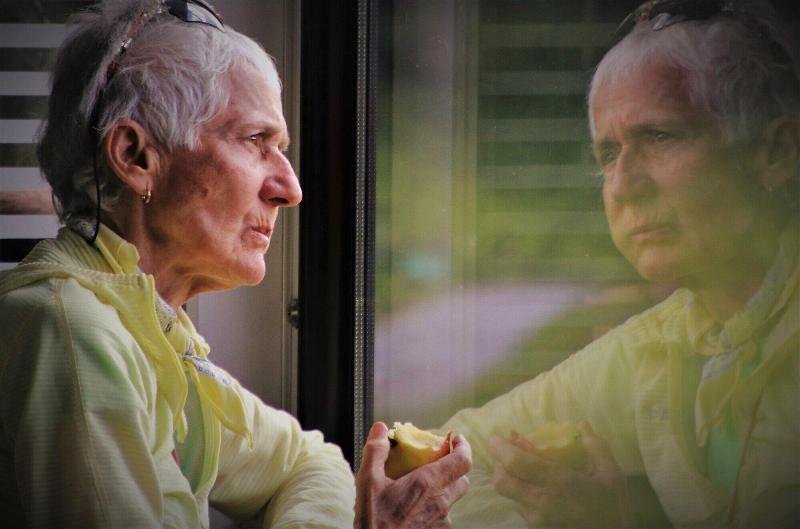Have you ever wondered how many seniors suffer in silence every day, feeling unseen and unheard? While physical health often gets attention, emotional pain in older adults is often brushed aside or missed completely. Many seniors hide their sadness, loneliness, and anxiety because they fear being judged or ignored.
In this blog, you’ll learn why emotional care for seniors matters, what signs we often miss, and how we can all do better to support them with kindness and understanding.
What Many Don’t See In Seniors
People often think seniors are just “grumpy” or “set in their ways,” but there is more going on behind those quiet faces. Many older adults carry emotional pain from losing loved ones, losing their independence, or feeling forgotten. They might not talk about it because they don’t want to be a burden.
That silence makes it harder for others to notice when something is wrong. We need to pay closer attention to their moods, daily habits, and emotional needs.
Loneliness Is More Than Just Being Alone
Loneliness is not always about being physically alone. A senior can be surrounded by family or caregivers and still feel deeply lonely. It’s about feeling disconnected or like no one truly understands them.
As people age, their social circles often get smaller. Friends pass away, family members move, and health issues keep them from going out. Over time, this leads to a heavy feeling of isolation that can hurt both mind and body.
Why Emotional Pain Gets Ignored
Many people believe that emotional pain is just a normal part of aging. This false belief stops seniors from getting the help they need.
They might hear things like “It’s just old age” or “You’ll be fine,” which makes them stay quiet. When their feelings are ignored, depression and anxiety can grow worse, making life feel empty and hard to manage.
The Power Of Paying Attention
Sometimes, even a small change in how we talk or listen can make a big difference. Asking how someone is doing, spending time with them, or just giving them space to talk about their feelings helps them feel seen.
Seniors need to know that their feelings are real and important. When we show that we care, we help them feel valued and less alone.
Mental Health Awareness
Older adults often grew up in a time when talking about emotions or mental health was frowned upon. Many still feel ashamed to admit they are sad or struggling. This makes them less likely to ask for help. That’s why mental health stigma awareness matters so much.
It helps break the silence around emotional pain. When families, caregivers, and communities talk openly and kindly about mental health, it becomes easier for seniors to share what they’re feeling without fear or shame.
Support That Makes A Difference
Support can come in many forms. It can be a regular visit from a friend, a hobby group, or even professional counseling.
Programs that offer emotional support, social interaction, and mental health services should be more available and easier to access. When support is given with care and respect, it builds trust and healing.
Let’s Not Ignore Their Silent Struggles
Seniors have lived long, full lives, but that doesn’t mean their emotional pain is any less real. They deserve to be heard, cared for, and supported with kindness. By giving attention to their emotional needs, we can help make their later years feel safer and more joyful.
Did this guide help you? Browse the rest of this section for more advice on a variety of topics.


